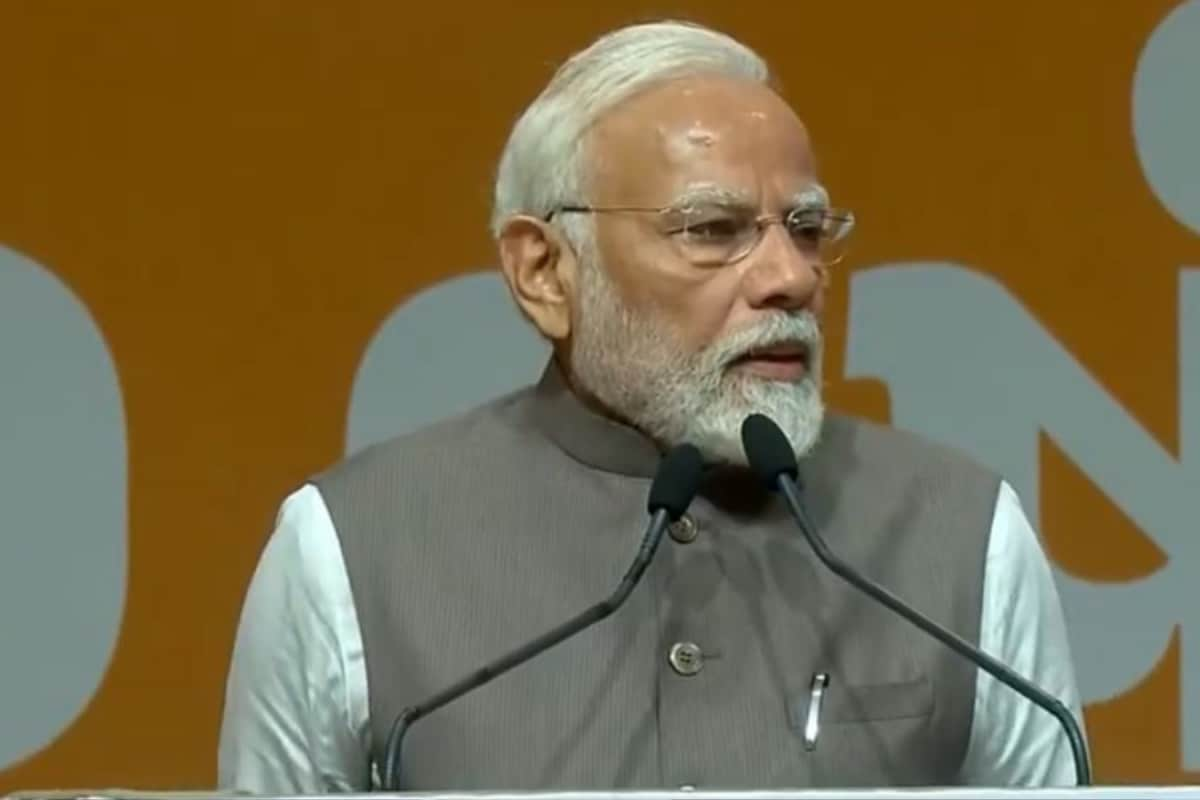

Recent political discourse has centered on Prime Minister Narendra Modi's remarks seemingly criticizing Jawaharlal Nehru's handling of the Kashmir issue, suggesting that Sardar Vallabhbhai Patel, had he been at the helm, would have secured the entire region, including Pakistan-occupied Kashmir (PoK), for India. This statement has ignited a debate about the historical context of the accession of Jammu and Kashmir to India and the roles played by key figures like Nehru and Patel.
Modi's implicit criticism of Nehru is not entirely new. Over the years, several leaders of the ruling Bharatiya Janata Party (BJP) have alluded to Nehru's policies as being responsible for the lingering Kashmir dispute. These claims often arise in the context of discussions about the revocation of Article 370, which granted special status to Jammu and Kashmir, and the government's commitment to reclaiming PoK.
Historical accounts present a more nuanced picture of the events surrounding the accession of Kashmir. In 1947, as India gained independence, the princely states were given the choice to join either India or Pakistan. Maharaja Hari Singh, the ruler of Jammu and Kashmir, initially preferred to remain independent. However, an invasion by Pakistani tribesmen in October 1947 forced him to seek assistance from India. He signed the Instrument of Accession, formally acceding the state to India.
Following the accession, Indian troops were dispatched to Kashmir to repel the invaders. Nehru, as the Prime Minister, decided to take the matter to the United Nations, hoping for a peaceful resolution. This decision, however, has been a subject of debate, with critics arguing that it internationalized the issue and allowed Pakistan to maintain a foothold in the region.
Sardar Patel, the then Home Minister, was responsible for integrating hundreds of princely states into India. While he played a crucial role in convincing many rulers to join the Indian Union, his approach to Kashmir is believed by some to have differed from Nehru's. Some accounts suggest that Patel was initially more focused on integrating Hyderabad and was willing to let Kashmir go to Pakistan. However, other sources indicate that Patel, like Nehru, wanted the entire territory of Kashmir to be part of India and supported military action to achieve this goal.
It's crucial to note that Nehru publicly pledged that the fate of Kashmir would ultimately be decided by its people through a referendum under international supervision once peace and order were restored. This commitment, made both in a national broadcast and at the United Nations, reflected his belief in the principle of self-determination. However, the plebiscite never materialized, due to Pakistan's refusal to withdraw its troops from the territories it occupied.
The contrasting perspectives on Kashmir between Nehru and Patel, if they existed, were shaped by their differing priorities and approaches to nation-building. Nehru, deeply influenced by socialist ideals, envisioned a secular India with Kashmir as an integral part, whereas Patel, a pragmatic leader, was focused on consolidating the country and ensuring its internal security.
Union minister Jitendra Singh has also blamed Nehru for the Kashmir issue. Singh stated that the issue of PoK would have never risen had Nehru allowed Patel to handle the region the same way he was handling other princely states. He also reiterated that taking back Pakistan-occupied Kashmir is very much on the agenda of the current government.
The debate surrounding Nehru and Patel's roles in the Kashmir issue is likely to continue, fueled by political considerations and differing interpretations of history. However, understanding the complexities of the past is essential for addressing the challenges of the present and charting a path towards a peaceful and lasting resolution of the Kashmir dispute.